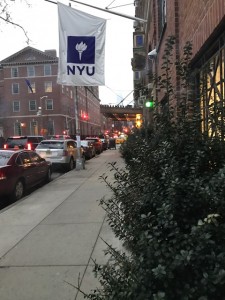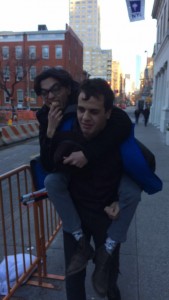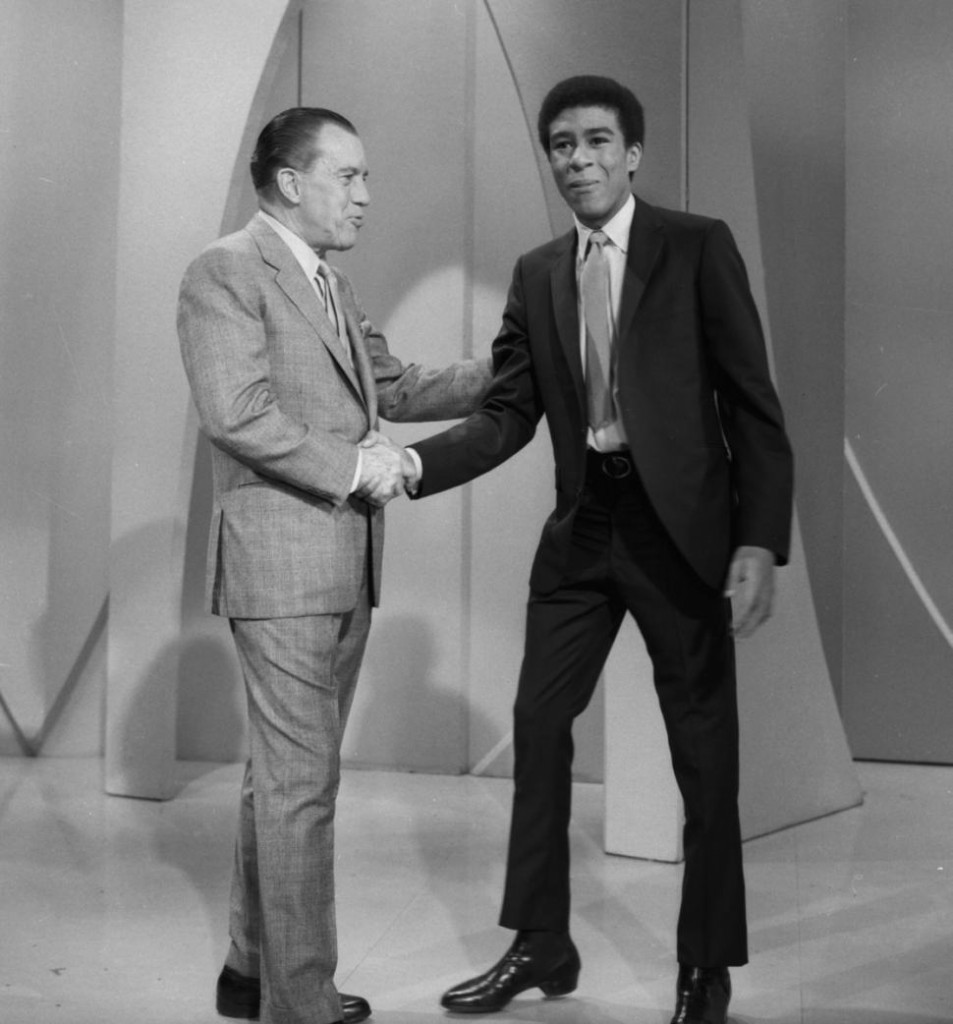Some step into college with a ten-year plan. They know exactly what they want to do, the internships they’re gunning for, and the career ladder they plan to climb. It’s impressive, intimidating even. But that wasn’t me. I came in with a vague idea of my interests, a few broad passions, and absolutely no clue what I wanted to pursue after graduation.
And honestly? That’s completely okay.
The early years of college are meant for exploration. It’s the time to take random electives, try clubs you never considered in high school, and let yourself lean into curiosity without pressure. Even those people who seemed so sure of their path sometimes end up pivoting dramatically. Plans change. Passions evolve. Eventually, things start to click into place, and when they do, that’s when you begin building real connections in your field.

Now, “networking” is a word that tends to freak people out. It sounds stiff and transactional, like you’re collecting business cards at a conference you don’t want to be at. But in college, networking often looks completely different. It can be fun, casual, and surprisingly effortless when it stems from shared experiences.
As you find your footing—through classes, clubs, on-campus jobs, or student orgs—you start to naturally gravitate toward others with similar interests. Maybe you’re working late on the layout for the student magazine and end up bonding over coffee with the other photographers. Maybe you spark a conversation with the person sitting next to you in your chemistry class or chat with students after a panel on the future of medicine. These little moments grow into friendships, and those friendships become a network before you even realize it.
That’s what happened to me. As I dove deeper into my major, I found myself surrounded by people with similar goals, challenges, and curiosities. I started getting to know professors better, not just as instructors but as mentors. Classmates became collaborators, motivators, and friends. These relationships weren’t built on LinkedIn messages or polished resumes, but they were built on late-night study sessions, group projects, and shared enthusiasm for our field.

These connections have been more than just social. They’ve opened doors, pushed me to grow, and reminded me that I’m not in this alone. Friends in your field can serve as both healthy competition and sources of inspiration. They’re the ones who share the application link to a niche internship, encourage you to pitch that story idea, or drag you to a lecture from a visiting professional who ends up reshaping your perspective entirely.
If you’re a creative, these friendships can be especially meaningful. They teach you how to take your talent seriously, how to value your work, and sometimes, how to monetize it. You might not intend to make your hobby as a writer or ceramicist your career, but being around others who do can push you to go beyond casual practice and explore what’s really possible.
What started for me as stress-baking during finals week eventually led to setting up a bake sale table in Washington Square Park with a couple of friends. We sold out that day and even turned a profit. Now, we’re making plans to host more pop-up sales in the future. It’s the kind of thing I never would have done on my own. But with the encouragement, creativity, and practical support of the friends I’d met through shared passions, the idea came to life. Their belief in me helped transform something small and personal into something I could be proud of.

So don’t stress if you don’t have it all figured out right away. The beauty of college is in the discovery– in trying new things, failing a little, and eventually finding your people. And when you do, you’ll realize that some of the most valuable career connections you’ll ever make started as simple conversations.
Your future is shaped not just by what you study, but by who you grow with along the way.

By Logan O’Connor
Logan is a rising senior at NYU pursuing degrees in Journalism and Politics. She grew up on Long Island, but always dreamed of living in New York City. When she’s not in class or at her favorite local cafe, you can find her wandering the city (film camera in hand) or baking up a storm in her kitchen.
For over 25 years, the Campus Clipper has helped college students in New York City—and later in Boston and Philadelphia—save money and succeed in city life. We offer a digital coupon booklet with discounts on food, clothing, and services, plus an Official Student Guidebook with real advice on how to navigate college life in a big city. Our internship program lets students build skills, earn money, and publish their own e-books. Follow us on Instagram andTikTok @CampusClipper, and sign up for ournewsletter to get deals straight to your inbox. To access the digital coupons, scan the QR code on our printed card—available in dorms, student centers, and around campus.











